Queens in the castle: the 8th Global Chess Festival
The 8th Edition of the Global Chess Festival 2022 started from 8th October 2022. It brought together participants from 15 countries in Budapest. More than 3000 people attended the festival and tens of thousands followed the events online. News of the festival spread overseas, with all of New York watching on the giant screens in Times Square as the greatest female player of all time made her winning move in an iconic game against the current world champion. This year, the organizers aimed to raise awareness about the importance of the role of girls in various scientific fields.
Global Chess Festival 2022
Celebration of chess filled the National Gallery on 8 October for Judit Polgár's eighth Global Chess Festival, which brought together participants from 15 countries in Budapest. More than 3000 people attended the festival and tens of thousands followed the events online. News of the festival spread overseas, with all of New York watching on the giant screens in Times Square as Judit Polgar, the greatest female player of all time, made her winning move in an iconic game against the current world champion. This year, the organizers aimed to raise awareness about the importance of the role of girls in various scientific fields.
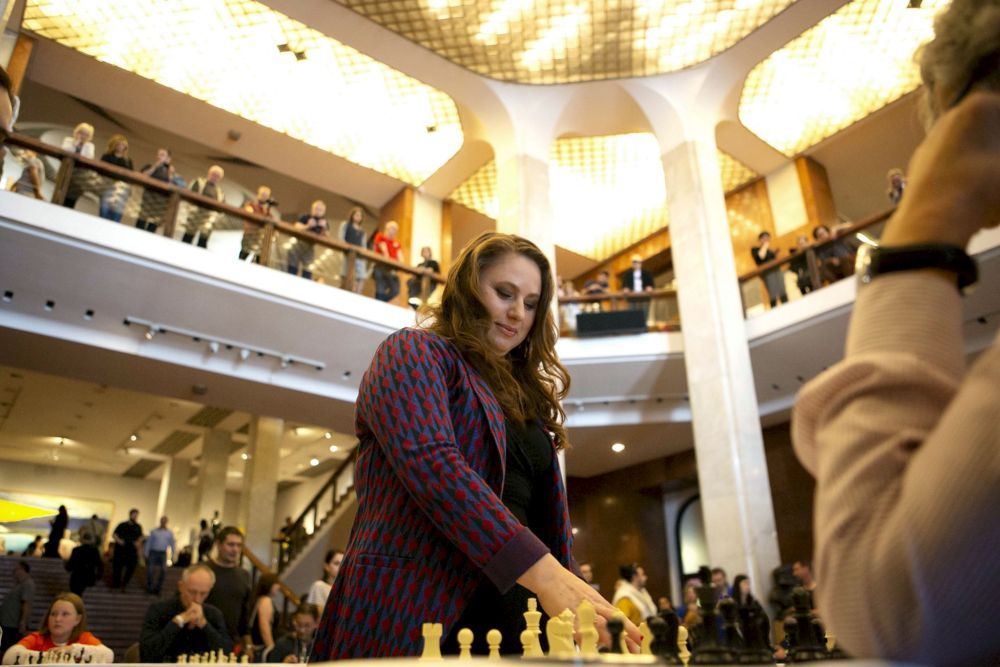
The theme of this year's festival was Women in Chess, Women in Science. In the program of the same title, Australian university lecturer and chess grandmaster David Smerdon spoke about the relationship between chess and gender in his lecture "Facts and Myths". International master mathematician Rita Atkins gave a presentation about how single-sex schooling increases girls' confidence and interest in STEM subjects and how this influences their decisions to continue their education. Network researcher Albert-László Barabási spoke about the role of women in academia: "Research shows that although more and more women are entering science professions, the gender gap is growing. This might suggest that women disappear from academia over time, tipping the balance in favor of men, when what often happens is that they simply continue working in a less visible area of science, such as becoming directors or deans in universities."
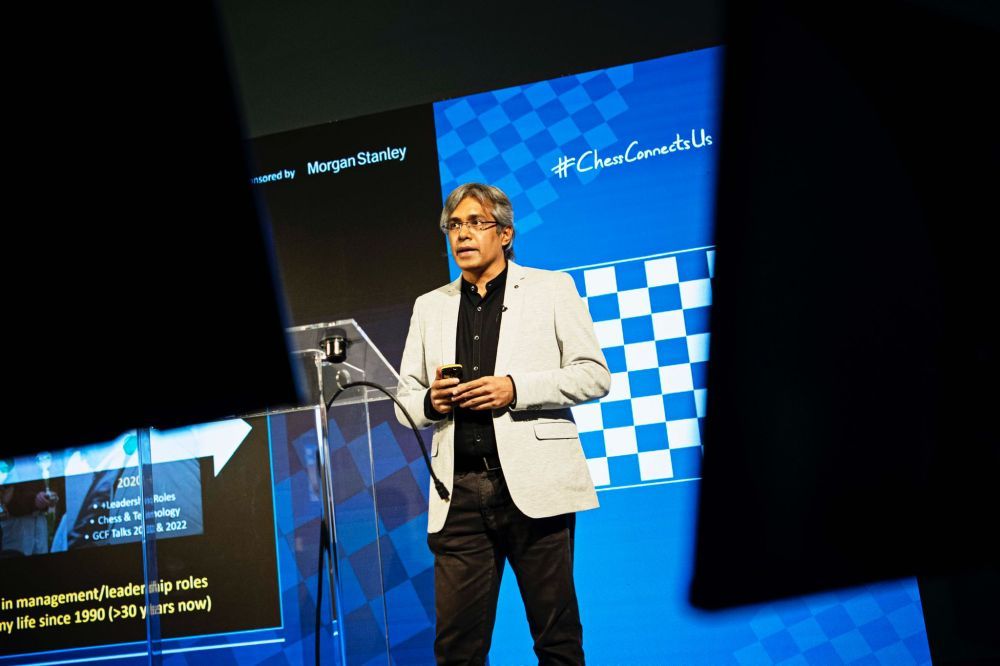
Judit Polgár, the best female chess player of all time said:
I think it is important that girls have the freedom to choose. They should not be restricted. Full parental support has been key to the development of my talents. I would like society to take an interest in science for girls as a matter of course, which requires encouragement and good examples
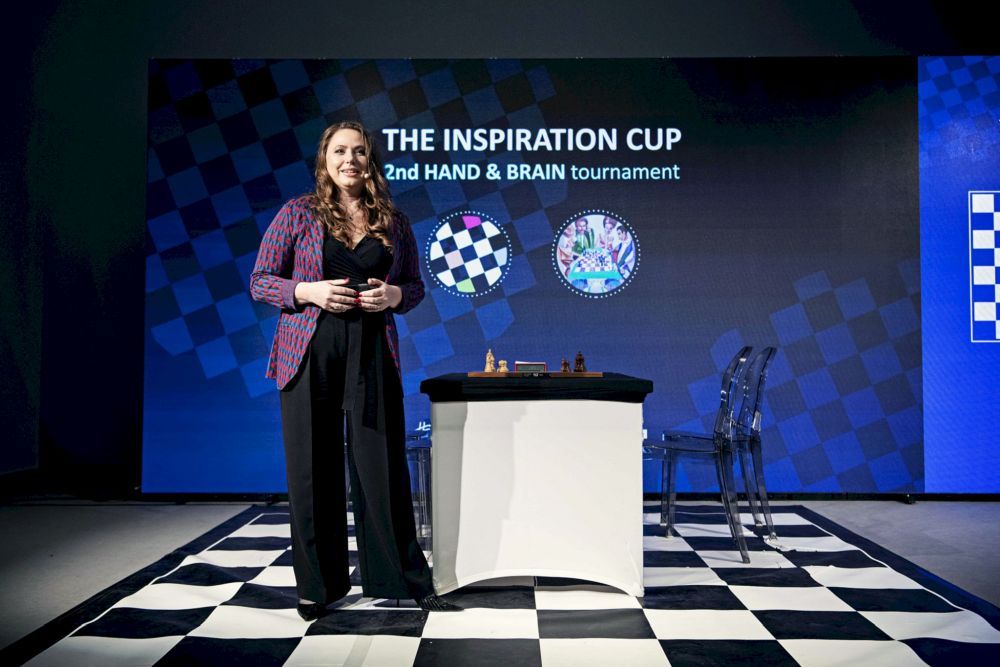
NATE (Women in Science Association) and the festival's main sponsor, Morgan Stanley's SMARTIZ program, support girls' careers in science, IT and engineering. Through the personal story of Emily Hofer, a high school student and her father Eric Hofer, participants were able to learn more about the opportunities offered by the program.
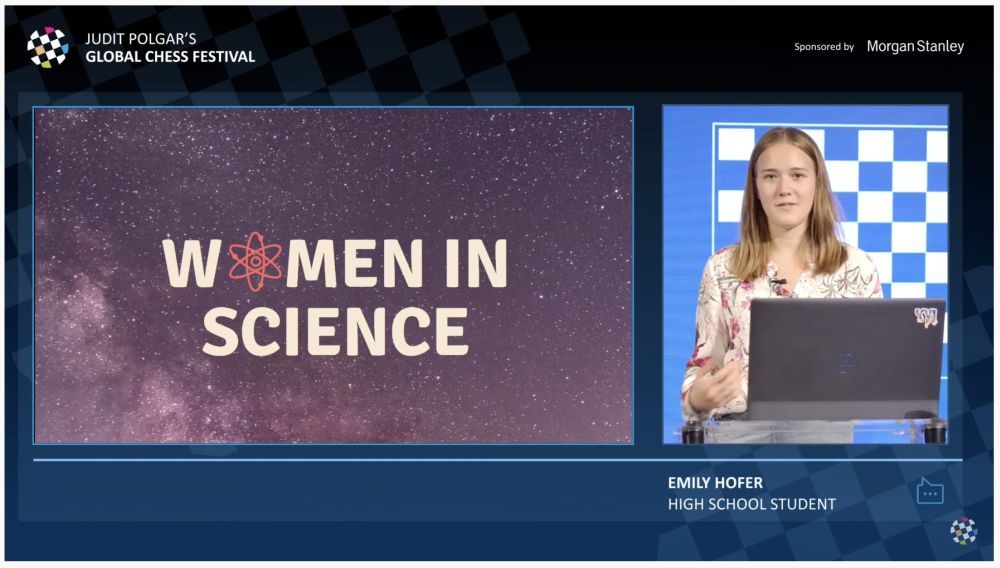
This is what Norbert Fogarasi, Head of Morgan Stanley’s Budapest office had to say:
Morgan Stanley actively supports STEM education, and we are determined to further increase the proportion of women in these fields. Initiatives such as Smartiz, a mathematics and programming education program organized in partnership with the Association of Women in Science for the fifth time in a row this school year, allows high school girls to deepen their math skills and learn and develop their knowledge of coding. We believe that creating a platform that builds role models is vital if we are to inspire and champion future female talent. Smartiz is a prime example of these efforts, as participants get the chance to receive mentoring from our female colleagues, among others, who have achieved great success in their fields at Morgan Stanley’s Budapest office, a major center of technology and analytics for the global financial institution.
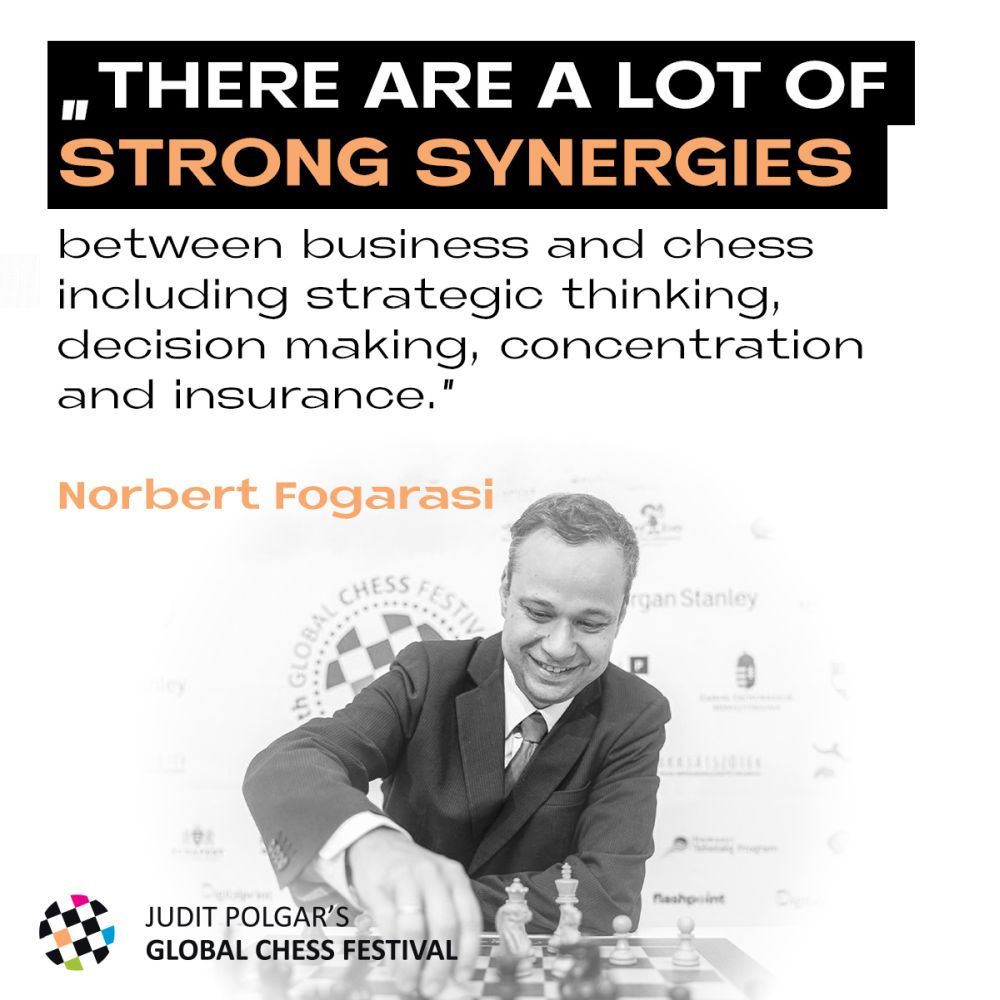
In addition to the inspiring presentations and roundtable discussions, families were given an insight into the Judith Polgár Method, which aims to develop playful, inspirational and complex skills for children aged 4-10 through chess in traditional educational settings. In addition to the interactive adult and children's programs and craft activities, participants could try out robot programming, take part in a talent assessment at the Morgan Stanley Chess Café, while the "classic" program of the festival, the Simultaneous, offered the chance to test their skills against Judit Polgár and the chess Olympiad and World Age Group Champion Zsóka Gaál.
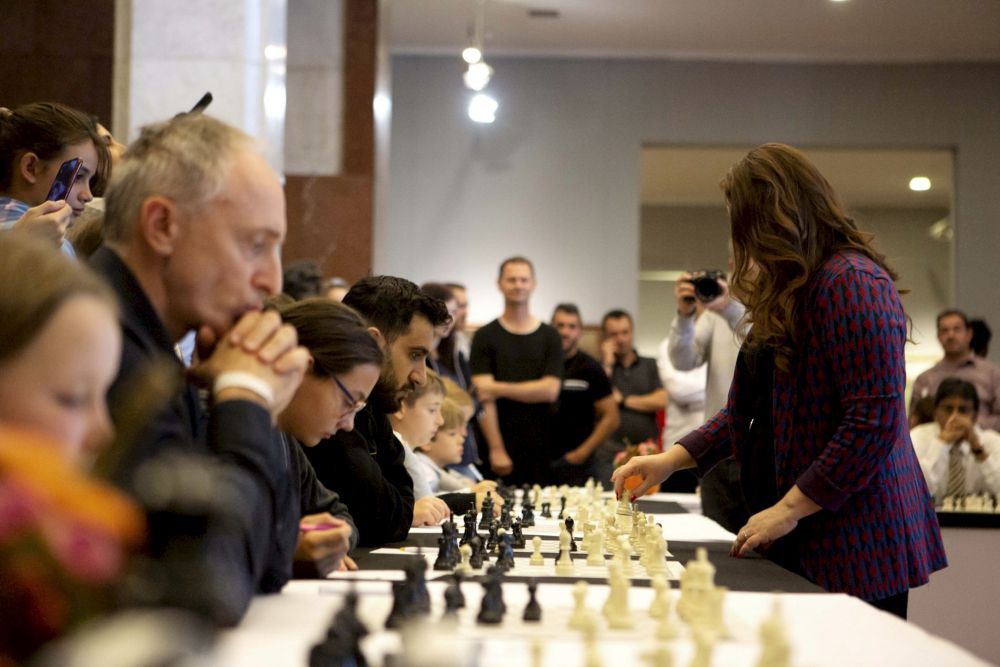
Budapest will host the 2024 Chess Olympiad. In connection with this, a mixed doubles "Inspiration Cup” tournament was organized with the participation of prominent players from the present and the recent past, such as world No 7 Anish Giri, which was won by Team Dracarys (Sofia Polgár and Yona Kosashvili).
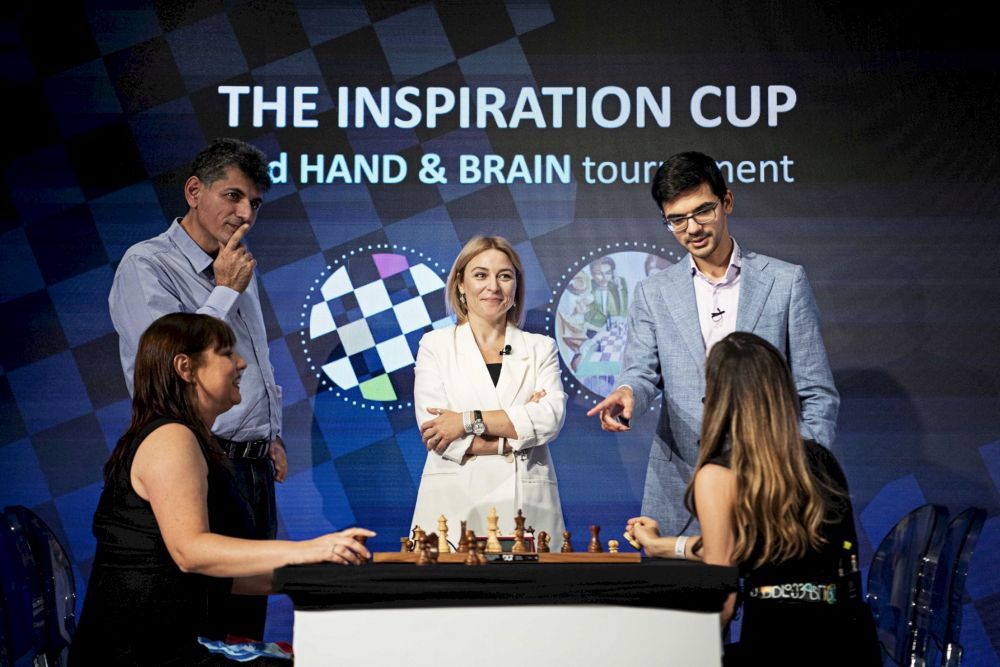
In the framework of the festival, the international conference "Chess in Education" was held in cooperation with the European Chess Union (ECU), and this year's patron, Georgia's Minister of Education and Science, Dr. Mikheil Chkhenkeli, in his speech, underlined "Chess is proven to be one of the most powerful tools we can give children to succeed in school and life."
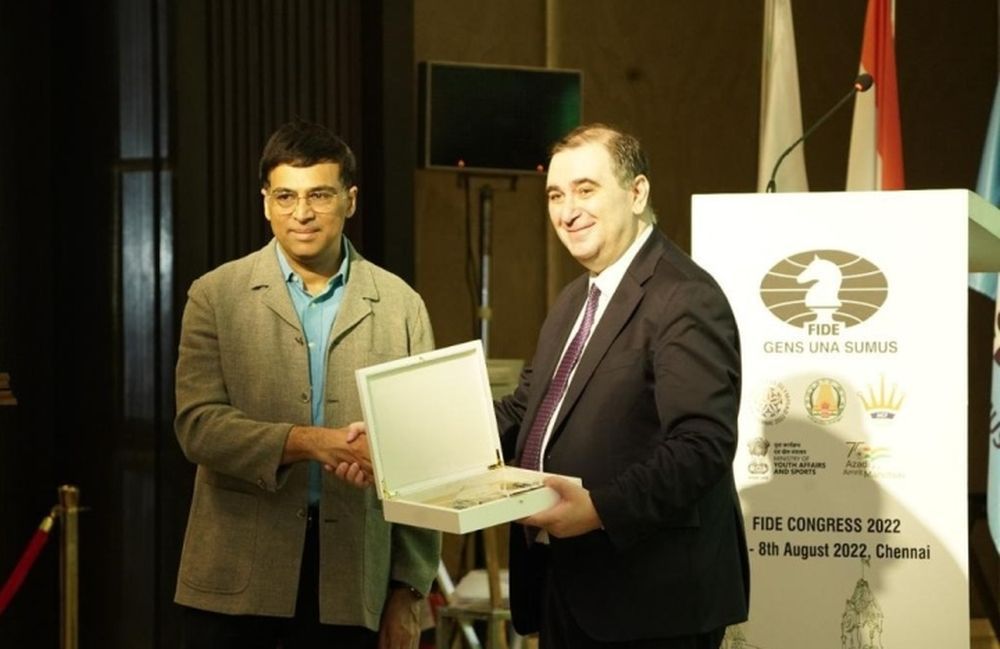
In the closing panel discussion of the festival, Dana Reizniece-Ozola, CEO of the International Chess Federation (FIDE), Judit Polgár, the best female player in chess history, Gábor Orbán, CEO of Richter Gedeon and Norbert Fogarasi, head of the Budapest office of lead sponsor Morgan Stanley, shared their thoughts on what companies can do to give girls the attention and opportunities they deserve to learn STEM skills and get into science. The main organizer, Judit Polgár highlighted the following:
At the festival, we explored the opportunities for girls in STEM fields from several angles. I believe that if they have the motivation and the support of their environment, i.e. society, there is nothing impossible for them. The role of chess in education is growing worldwide, and the experts and educators who spoke at this year's conference contributed greatly to this. Chess has been successfully used in the education of millions of children from preschool age upwards and has proven to be an effective tool for children with autism. This game can be integrated into education in many different ways, in many different subjects, and our aim is to make these programs known and used in more countries in the future
Important links:











